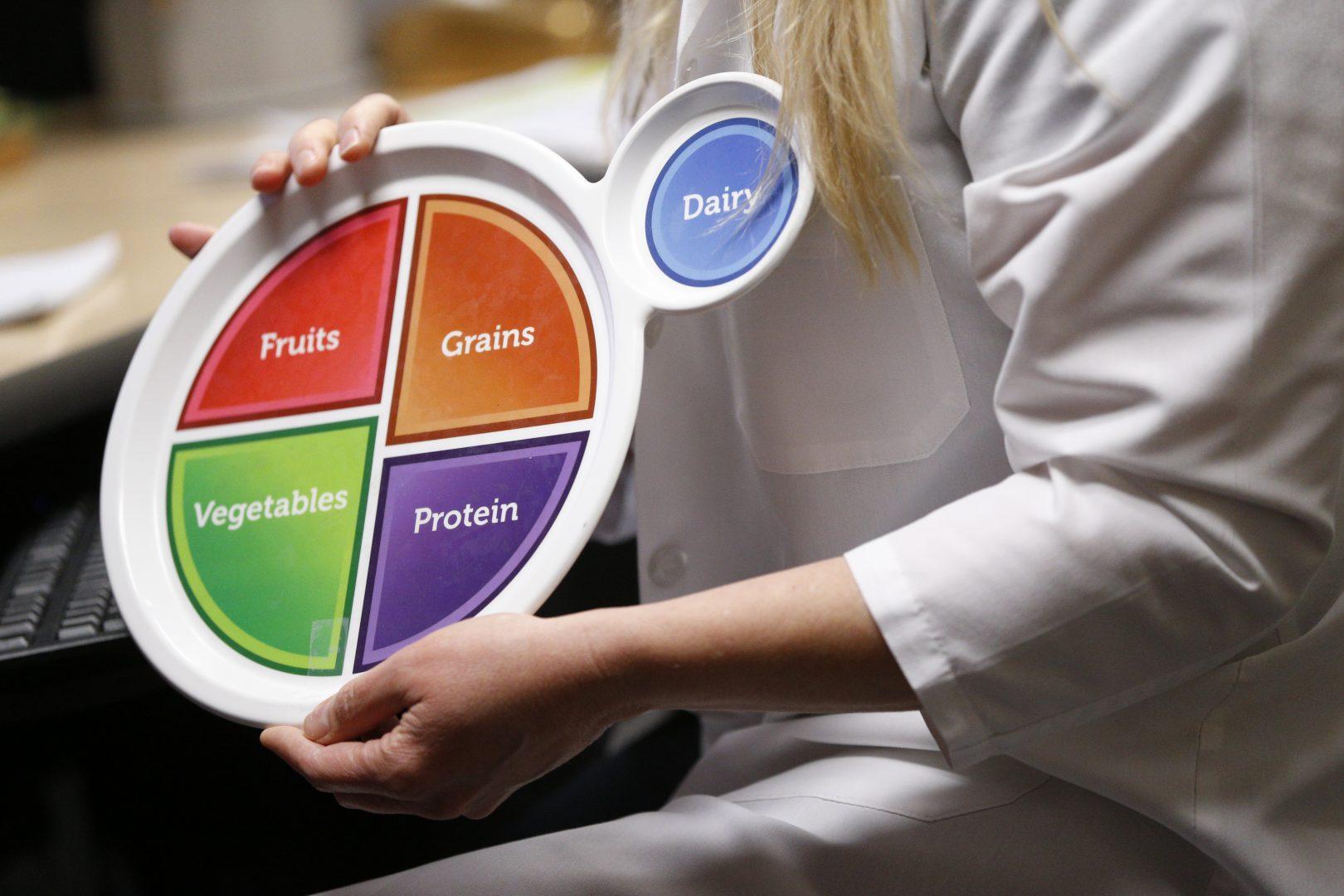Did you know that the average American consumes 4,500 calories on Thanksgiving Day?
While health experts generally recommend 2,000 calories per day, it does not mean your fitness and nutrition goals are doomed for the rest of the year.
Keep in mind that how you eat on one day does not determine your overall health. What you consume on the other 364 days of the year does.
To help you get back on track, here are some post-Thanksgiving recovery tips.
Make sure that your home is well-stocked with healthy foods after the Thanksgiving holiday.
Keep a big bowl of fresh fruit in your kitchen for a quick snack, as well as fresh vegetables.
These will help you use leftovers in a healthy way. For example, top a salad with slices of skinless turkey breast.
While you may feel like eating lighter after eating so much over the holiday, especially if you overindulged, try not to skip meals to compensate.
Doing this can result in low energy and excessive hunger.
Instead, start your day with a healthy breakfastand then opt for a small meal or snack every few hours.
Make water your beverage of choice.
Not only will it help you stay hydrated and energized, it will also help you avoid the sugar and empty calories found in many holiday drinks.
You can make water more interesting by adding fruit slices or fresh mint.
If you need a warm drink that is rich in antioxidants, try a cup of green tea. As a bonus, it is also lower in caffeine than coffee.
Get moving.
If you don’t feel like hitting the gym, don’t worry. A brisk walk is the perfect post-Thanksgiving workout.
Aim for 30 minutes per day or clip on a pedometer and work toward 10,000 steps.
Black Friday shopping, while hard on the budget, can be a great way to get those steps in.
Still looking for a little more guidance?
You can access free individual nutrition counseling at the Student Health and Counseling Center.
Our registered dietitian can help you review your current eating habits, set goals and discuss any chronic conditions or concerns you may have.




